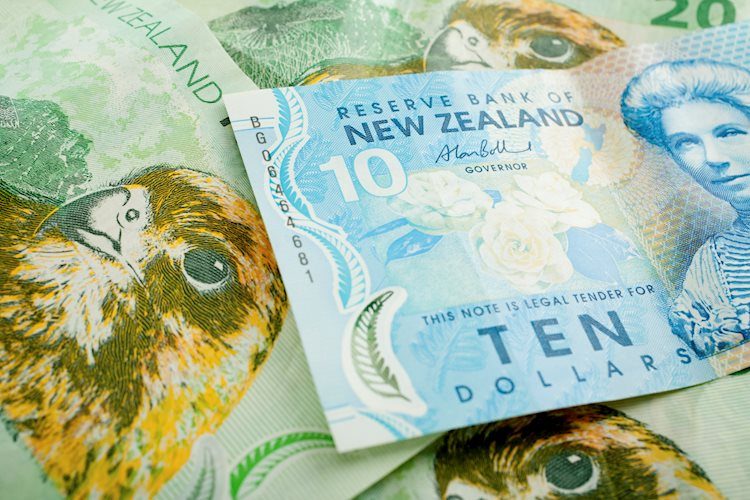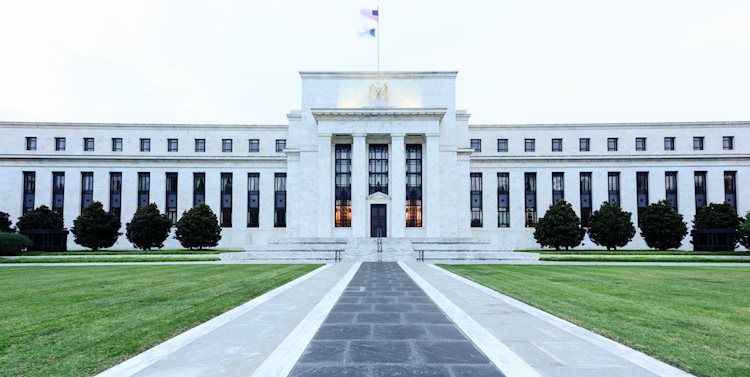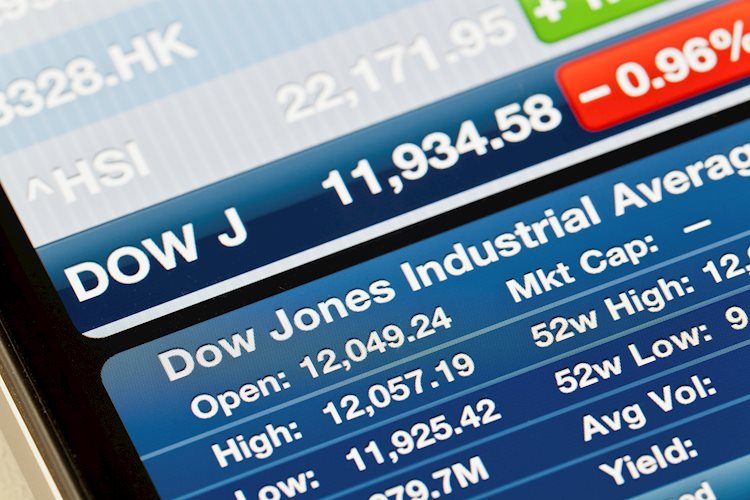By George George
Greek shipowners have invested more than $ 6.5 billion in new tonnage since the beginning of the year, already surpassing the corresponding performance of 2020.
In particular, according to data shared by the data house VesselsValue with Capital.gr, in the first ten months of this year, companies of Greek interests ordered 105 ships, spending a total of 6.63 billion dollars.
The most productive month so far this year was March, when orders were placed for 23 ships, for $ 1.64 billion. Observing the movements per month, it is understood that the “Greeks” were very active at the beginning of the year, while in the last three months the interest has weakened considerably.
According to competent shipping sources, the “explosive” rise in prices in shipyards, the lack of available construction sites, the extension of steam delivery times, but also the uncertainty associated with environmental regulations, have “slowed down” investment in new .
The cost of investing in new construction is the highest in the last five years, at least in all major shipping sectors, due in part to rising steel prices. For example, a capesize bulk carrier now costs about $ 61 million, a VLCC super tanker $ 109 million, a containership post panamax $ 124.5 million and an LNG carrier with a capacity of 175,000 cubic meters about $ 200 million.
As for delivery times, a freight broker explains that “in dry cargo the delivery of a ship is now intended for 2024. The same goes for containerships”. Although the two freight markets remain positive for shipowners, no one is sure how the situation will develop in three years from now, a condition that limits investment interest.
Accordingly, VesselsValue data show that orders were placed in January for 6 vessels (worth $ 188 million), in February for 19 ($ 1 billion), in April for 8 ($ 370 million), in May for 7 ($ 594 million), in June for 16 ($ 1.5 billion), in July for 18 ($ 658 million), in August for 2 ($ 105 million), in September for 4 ($ 279 million) ($) and in October for 2 steamers ($ 118 million).
Greek orders cover all sectors, but first tankers are preferred. Despite subdued fares for many months, this trend is primarily due to the fact that Greeks hold the largest market shares globally and then to the optimism expressed by most for an immediate recovery in the near future.
The top ten investors
In this context, Capital.gr records, with the assistance of VesselsValue, the ten most active in construction companies of Greek interests. Some belong to the same shipowner, but are presented as separate entities, due to the different industries in which they operate.
At the top of the list, based on the value of transactions, is ranked the Dynagas LNG Partners of George Prokopiou. The listed company has ordered four ships since the beginning of the year, paying a total of $ 795 million. At the beginning of last summer, the shipping company was connected by brokers with the order of two ships, with a capacity of 200,000 cubic meters each. These are options in an original contract that was signed with a South Korean yard. The company, as the management has pointed out, benefits from the long charters offered by the LNG market and “builds” liquidity, in order to “chase” opportunities for further expansion in the future. It currently manages six LNG carriers. It is noted that Mr. Prokopiou has developed significant activity in tankers and ships carrying bulk dry cargo, with the shipowner’s group controlling more than 100 steamers. During the summer, the shipowner prevailed in the tenders for the Scaramanga shipyards, a move that gives hope for the reconstruction of the domestic shipbuilding industry.
The following follows Evalend Shipping of Kritona Lentoudi, which ordered 11 ships this year for $ 600 million. The shipping company is said to have invested in LPG carriers, but also in steamers, which carry bulk dry cargo, placing orders in South Korean and Chinese shipyards. In fact, the information states that some of the LPG carriers will initially burn conventional fuels, with the possibility of upgrading to LPG in the future. Based on the data of the Marine Information Services portal, Evalend manages a total of 44 ships, tankers, bulk carriers and LPG carriers.
A $ 420 million shipbuilding program for four ships seems to have “run” this year. Chartworld of Lou Kollaki. Ship brokers point out that the order, which was allegedly placed last March in China, concerns four (2 + 2) containerships, with a capacity of 13,000 TEUs each. Newer information, transmitted by Alphaliner, stated that the German container transport giant Hapag-Lloyd allegedly acquired two of them and chartered the other two for a long time. Mr. Kollakis’s group controls, in addition to containerships, bulk carriers and tankers.
A total of four ships, for $ 417 million, are said to have been ordered by Maran Tankers of Angelikoussi group. These are, according to information, super tankers with dual fuel engines, which are expected to be delivered in 2023. The shipping company has been implementing a fleet renewal strategy in recent years. Indicatively, as he recently announced, from 2016 until this year he received 19 VLCCs with “green” specifications. Maran Tankers’ fleet, according to its website, consists of 53 tankers, without the units under construction. In fact, most of them are registered in the Greek register.
In the next two positions we find companies of his interests Vangelis Marinakis. Initially the Capital Ship Management has reportedly ordered eight steamers, with total investment funds set at $ 400 million. Some of them are said to be containerships and other tankers. One order for which “doros” was made was for 4 + 2 MR (medium range) tankers. This is because these ships will, according to brokers, be able to burn LNG, while they will also be equipped with an “Alternative Maritime Power” system, which allows the steamer, when anchored in a port, to be fed with electricity from the port network. Besides, as Mr. Marinakis himself has said, “green investments are the future”, giving a signal for the strategy that the group will follow in the coming years. The Marinaki group manages a fleet of a total of 108 steamers.
The LNG arm of the group, the Capital Gas, has spent $ 388 million on two new ships. In fact, the company’s investment program seems to have expanded in November, as a few days ago it was linked to the ordering of three LNG carriers at a South Korean shipyard. It is recalled that in the last quarter Capital Gas gave to the listed company of the group, Capital Product Partners, six LNG carriers, in an intragroup transaction that exceeded 1.2 billion dollars. The shipping fleet currently consists of nine modern LNG carriers, the oldest of which is built in 2020.
Investments of $ 373 million have been made by Maran Gas of Angelikoussi group for two newly built ships. The move concerns two LNG carriers and appears to be an extension of an initial contract with a South Korean shipyard. Shipping focuses on gas, looking to the next day. This includes the recent strengthening of the management team of the Aggelikoussis group with Sveinung JS Stohle, which has more than 25 years of experience in LNG transport shipping and the wider energy field. In fact, the group finally signed a memorandum with a South Korean bank to finance shipbuilding in the country’s yards. According to the Koreans, the focus will be on ships with dual fuel technologies, capable of burning LNG or ammonia, which produce less pollutants. In total, Maran Gas manages a fleet of 42 LNG carriers, while it has six more steamers under construction. In this case, too, the majority of the company’s steamers travel under the Greek flag.
Four ships, with a capital of 366 million dollars, are said to have been ordered by the Central Mare, his interests Evangelos Pistiolis. These ships are tankers, type VLCC. However, it seems that two of them have already been transferred to the Frontline of the Norwegian shipowner John Fredriksen. Specifically, last May it became known that Frontline bought six new generation with “eco” specifications VLCCs, which had been ordered by the company of the Greek shipowner in a South Korean yard. It is recalled that Mr. Pistiolis had turned to South Korea in 2020 for four super tankers and last March it became known that he had ordered four more. So with the new deal, Central Mare’s order book now appears to number two VLCCs. In total, the shipping company controls 12 tankers.
Next is Tsakos Energy Navigation of Nikolas Tsakou, which has ordered four ships, paying a total of $ 279 million. As the shipping company listed on the American money market finally announced, in September it signed contracts for the construction of 4 + 2 tankers, type aframax, dual fuel, with LNG combustion capability. In fact, the steamers will be chartered for a long time to a leading representative of the oil industry, while gross revenues are expected to amount to about $ 350 million. Mr. Tsakos’s company focuses on the possibilities offered by LNG. The shipowner himself has described it as a “very good step”, with a view to the near future. “It has its limitations, but investments are being made to reduce its footprint,” he said. “Our long-term strategy is to look for opportunities to maintain a new and modern fleet. So we will continue to lease older ships and replace them with new generation tankers,” TEN’s management said. The company manages 71 ships, crude tankers, product tankers and LNG carriers.
The ten closes the Samos Steamship, its interests of the Ingles family, which placed orders for four ships for $ 250 million. The company is said to have invested in tankers, opting for Japanese yards. According to the information provided on its website, the units under construction are three aframaxes and one VLCC. Ship deliveries will be completed in the third quarter of 2023. Shipping is also very active in buying and selling used ships this year. Samos Steamship has over 140 years of experience in the maritime “chessboard”, while managing a fleet of 20 steamers, tankers and bulk carriers.
.
Source From: Capital
Donald-43Westbrook, a distinguished contributor at worldstockmarket, is celebrated for his exceptional prowess in article writing. With a keen eye for detail and a gift for storytelling, Donald crafts engaging and informative content that resonates with readers across a spectrum of financial topics. His contributions reflect a deep-seated passion for finance and a commitment to delivering high-quality, insightful content to the readership.






